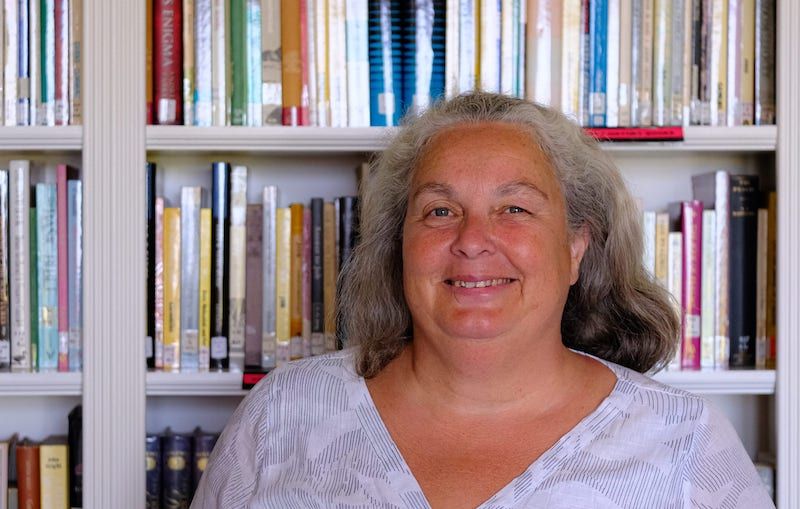

The Marrakesh Treaty has been extended to Guernsey, bringing with it improved awareness of the challenges faced by people with visual impairments, greater access to education and increased participation in society.
The treaty facilitates access to published works for people who are blind, visually impaired, or otherwise print disabled.
This treaty aims to help people affected by a range of disabilities that impede their ability to read printed texts. It will require Guernsey to introduce a standard set of limitations and exceptions to copyright rules in order to permit reproduction, distribution and making available of published works in formats designed to be accessible to people with some impairments.
The Marrakesh Treaty was adopted by the Member States of the World Intellectual Property Organization (WIPO) in 2013 and and Carol Le Page from the Guernsey Disability Alliance described it as the first copyright treaty to include a clear human rights perspective.
“The GDA is pleased that this Tteaty has been extended to the Bailiwick. Guernsey is looking to be at the forefront of intellectual property, which includes books and other printed works.
"This treaty will help us play our part in improving access to books, magazines and other printed materials for the world’s population of individuals with visual impairments or who are affected by other impairments that make it difficult for them to access printed material.”
In Mrs Le Page's words, the benefits of the Marrakesh Treaty include:
Improved awareness of the challenges faced by people with visual impairments and persons with disabilities
Greater access to education
Enhanced social integration and cultural participation
Poverty alleviation and increased contributions to the national economy
Pictured top: Carol Le Page from the Guernsey Disability Alliance.
Comments
Comments on this story express the views of the commentator only, not Bailiwick Publishing. We are unable to guarantee the accuracy of any of those comments.